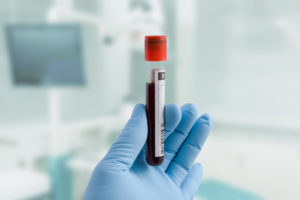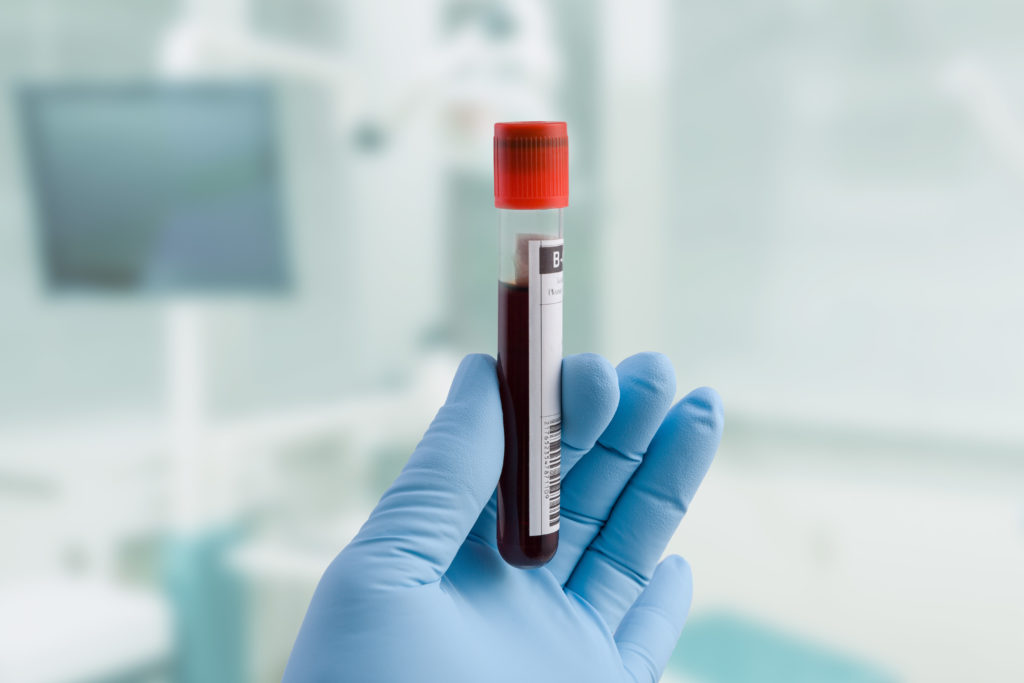
Cholesterol Testing at Home
Cholesterol is a type of lipid or fatty substance in the blood. Too much cholesterol in the body can be a serious issue as this can be deposited within the walls of your blood vessels. In effect, high cholesterol levels that accumulate in time will make it difficult for blood to flow. This condition is called “atherosclerosis,” and can put you at higher risk for heart attack, stroke or other heart-related problems.
Hence, cholesterol testing may be a good idea if you have risk factors for high cholesterol and heart problems such as:
To check your cholesterol levels, simple blood tests can be done to measure the different (especially harmful) types of fatty substances in the blood. The following tests can be done in the comfort of your home:
CHOLESTEROL HOME KIT (with strip)
How they wo
There are two basic types of cholesterol home kits. One type is done entirely at home, and the other requires you to mail or ship some parts of the kit. The latter employs a laboratory test for completion. Both types of kit can be purchased from your local pharmacy, medical supplier, or online. Typically, the cholesterol home kit consists of a test kit, lancets to pierce the skin, test strips that change color when a chemical reaction takes place, gauze and bandages. For home test kits that are sent to a lab, included is a collection kit, a pre-paid mailer or shipping labels.
To use, you need to first wash your hands to prevent infection. Next, you need to prick your finger with a lancet, then allow the blood droplet to come in contact with the test strip. The strip will change color after a few minutes. You need to match the final color against the color guide that comes with the kit so you will know the level of cholesterol in your blood.
Are they accurate?
The accuracy of the cholesterol home kit varies depending on factors such as the brand or how accurately you follow the directions for use. In the US, the most accurate cholesterol test kits are generally those that are certified by the Centers for Disease Control and Prevention (CDC). These are referred to as CDC-certified and are considered as precise as the cholesterol test your doctor uses.
Average cost
A cholesterol home kit which can be completed at home can be bought for $15-$25. Kits requiring shipment to complete cost from $25-$50.
Pros
Cons
FDA approved
There are some cholesterol home kit brands that the food and drug administration (FDA) have approved. But not all cholesterol home kits available at your local pharmacy or online have met the FDA’s stringent standards. To know which home test kits are FDA-approved, you can check out the FDA’s over-the-counter database at their official website.
CHOLESTEROL HOME KIT (with electronic meter)
How do they work?
The newer versions of the cholesterol home kit include an electronic meter, which functions in the same way as a blood glucose meter. After pricking your finger and placing your blood droplet on the test strip that should be attached to the electronic device meter, a small computer inside the device measures the amount of cholesterol in your blood instantly. A cholesterol reading will then display on the monitor.
Are they accurate?
Generally, the accuracy of a cholesterol home kit with an electronic meter can be as accurate as the test results your health care provider provides. This type may also lead to fewer errors that you might make in reading a color change by yourself. However, it is important to understand that the reliability of the electronic meter kit still varies with significant inconsistency.
The accuracy largely depends on factors, including:
Consider answering the following questions:
Average cost
Typically, the electronically-metered cholesterol home kit is more expensive than the paper test strip, and on the average can cost between $100 to $150.
PROS
CONS
FDA approved
Not all electronic meters packaged as cholesterol home kits have been tested and approved by the FDA. There are several ways to check if the FDA has regulated the digital meter kit you are about to purchase. Ask the medical supplier, vendor, or pharmacist selling the test kit. If the home test is not listed in the approved database of FDA, this means that the US government has not determined whether this test is effective, reasonably safe, or substantially the same quality as other legally marketed electronic cholesterol meter-kits.
TOTAL CHOLESTEROL KIT
How they work
Checking your cholesterol levels may be a good idea to get a picture of whether or not your values are outside the recommended safe level. Many cholesterol home test kits measure only total cholesterol. Having this kind of test will give you a rough overview of the overall level of cholesterol in your blood. Total cholesterol is typically measured in mmol/L. This test may be recommended for individuals with:
Before you collect the blood sample, you should be instructed to wash hands thoroughly, if possible, with warm water for a minimum of 30 seconds, without soap. The best time to take a sample is first thing in the morning before you have used hand moisturizers. You need to follow the instructions of the manufacturer in obtaining the blood sample, and if the test requires being shipped to the laboratory for analysis.
Are they accurate?
Cholesterol levels can naturally differ daily, and may also be influenced by the time of the day the test is done. The accuracy of the test you use is usually reflected on the outside label of the home kit. The reliability of your product may be confirmed if it has been approved by the FDA, and certified by the CDC or other reputable regulating bodies.
Average cost
This test can cost anywhere between $15 to $30. If the home kit needs to be sent to a laboratory, this can cost more–on the average between $70 to $200.
PROS
CONS
FDA approved
Several total cholesterol home test kits are regulated and approved by the FDA. An over-the-counter database is available to check whether the total cholesterol kit you are about to purchase has passed stringent FDA guidelines. This database is found on their website and is an excellent resource to review cholesterol home kits that are FDA-cleared.
HDL & TRIGLYCERIDE KIT
How they work
As with other home kits for cholesterol, this test is quick and convenient to perform. Only a small finger prick using a lancet is required. Your drop of blood is placed on a test strip which changes color and is then ready to be interpreted after the required number of minutes. The strip may also be inserted to a digital meter, and the result will be available in a few minutes.
This type of kit is another alternative that can obtain a more detailed picture of your cholesterol profile or lipid profile. It will provide you information on the following:
Are they accurate?
Results can vary and are not always accurate. However, if you feel that home cholesterol testing is preferable for monitoring your cholesterol, ask your doctor to recommend a reliable HDL and triglyceride home kit.
Average cost
The cost of the HDL and triglyceride cholesterol kit is variable and can range from $50 to over $150. For the type of kit that needs to be sent to a specific laboratory after you perform the test at home, the expense can run from $100 to $250.
PROS
CONS
FDA approved
Not all HDL and triglyceride home kits are FDA approved. To be sure whether the home kit you use is FDA certified, you should log in to their website and check their database for over-the-counter tests. You will be required to input information,including the test name, the manufacturer’s name, and test type.
TAKE-AWAY NOTE
Elevated cholesterol is a common health issue with several risk factors and causes, including unhealthy diets, genetics, being overweight or obese, having a large waist circumference, smoking, lack of exercise, among others. High levels of cholesterol are often manageable and can be treated with lifestyle change or medications.
Monitoring your cholesterol levels at home to maintain optimal health can be done with a variety of cholesterol home tests. This would depend on your preference or the advice of your health provider. It is both convenient and quick. However, these tests should not replace medical advice. If you have risk factors for heart-related problems such as high blood pressure, diabetes, obesity, or heart problems, do consult with your physician for the best cholesterol testing method for you.

